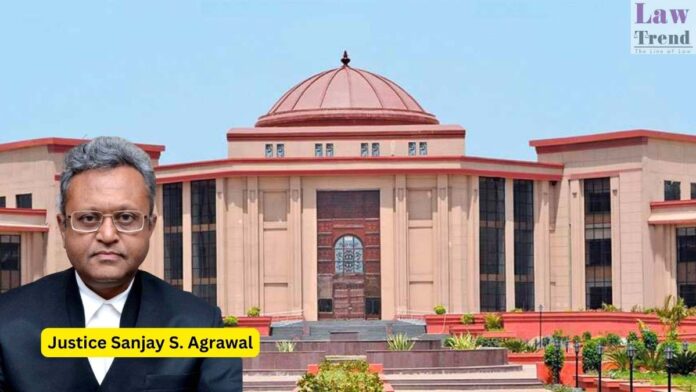The Chhattisgarh High Court has dismissed the State’s appeal against the acquittal of a 21-year-old man charged under the Protection of Children from Sexual Offences (POCSO) Act, the Indian Penal Code (IPC), and the Scheduled Castes and Scheduled Tribes (Prevention of Atrocities) Act, 1989, for allegedly harassing a minor girl. Justice Sanjay S. Agrawal, sitting
To Read More Please Subscribe to VIP Membership for Unlimited Access to All the Articles, Download Available Copies of Judgments/Order, Acess to Central/State Bare Acts, Advertisement Free Content, Access to More than 4000 Legal Drafts( Readymade Editable Formats of Suits, Petitions, Writs, Legal Notices, Divorce Petitions, 138 Notices, Bail Applications etc.) in Hindi and English.




